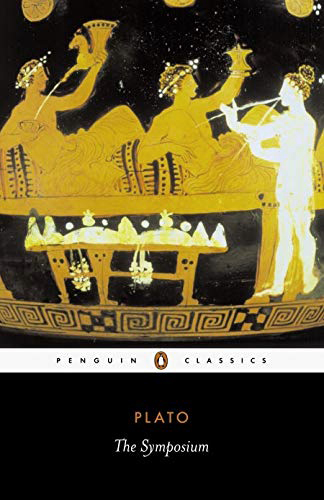
Have you ever wondered why love is so revered in our society? Or why sex is historically considered a taboo topic? The philosophy course “Philosophy of Love and Sex” seeks to answer these questions.
According to the course’s professor, Amy Marvin, love and sex are often under-discussed in academic settings.
“The main idea of that class is that love and sex are very confusing topic[s] that we confront day to day, but we often don’t get a chance to reflect on that, and especially not in some kind of official or academic setting,” Marvin said.
The course looks at love and sex through both modern and historical lenses.
“The main idea of the course is to get a good grasp on what’s going on with love and sex,” Marvin said. “We look at the history of the philosophy of love and sex.”
According to Selina Zhu ‘27, a student in the class, the course provides useful knowledge about love and sex that is applicable to everyday life.
“I would say it’s really helpful to be able to understand such an interesting and specific topic,” Zhu said.
A main element of the course is the study of Plato’s “Symposium,” which, according to Marvin, deals with a variety of individuals discussing different types of love and their significance. Marvin also noted that the course deals with writings by philosophical writers such as Immanuel Kant and Anna Julia Cooper which provide the historical side of the study of the philosophy of love and sex.
“We start with Plato’s ‘Symposium,'” Marvin said. “You have speech writers, politicians, they all get drunk together and they give a series of speeches in honor of love. Then you have Socrates break into the room. He’s kind of like, ‘No, you haven’t rationally thought about what love means,’ and he emphasizes this higher form of love, not just the love of an individual body.”
The course also involves looking at contemporary elements of love and sex, such as consent and breakups.
“We lead into more contemporary issues, like when does sex go wrong? When does sex go right?” Marvin said. “Then we’ll look at stuff like breakups. For example, what does it mean, when we often think of love as this beautiful thing, but frequently people leave us or we miss out or something like that?”
Marvin feels that the study of love and sex from the historical perspective directly relates to looking at these topics through a contemporary lens.
“Part of what I really liked from the history portion of this class is to kind of get out an awareness of people that have been struggling with this for a really long time,” Marvin continued. “So there’s like personal experiences that you have with … heartbreak … or being dumped or something like that. Philosophers have experienced these things for centuries.”
Marvin said that another element of the class is the discussion of LGBTQ+ philosophy.
“I actually am going to work with the queer archives on campus, so we’ll actually go into there, we’ll check those out, we’ll compare them with the philosophy that we’re reading,” she said. “We read some stuff on what happens when you grow up in a world where the main way you know yourself is through people saying slurs about you … or ‘What even is sexual orientation?’ is kind of a deep, complicated topic. So I think it’s nice to kind of ground that experience.”
Zhu finds the class enriching and encourages other students to take the course in the future.
“I would definitely recommend other individuals to take it,” Zhu said. “It provides so much thought and knowledge for individuals to really think beyond the fact that sex is just sex. It goes beyond that.”






















































































































